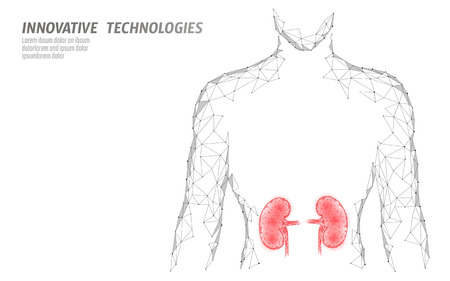Home-Based Cognitive Rehabilitation: Opportunities and Limitations for Families in the UK
Introduction to Home-Based Cognitive RehabilitationHome-based cognitive rehabilitation has emerged as a compassionate and practical approach for supporting individuals experiencing cognitive challenges, such as those resulting from dementia, stroke, or traumatic brain injury. In the UK, where families often seek person-centred solutions that respect both privacy and independence, this method of rehabilitation offers a unique blend…








